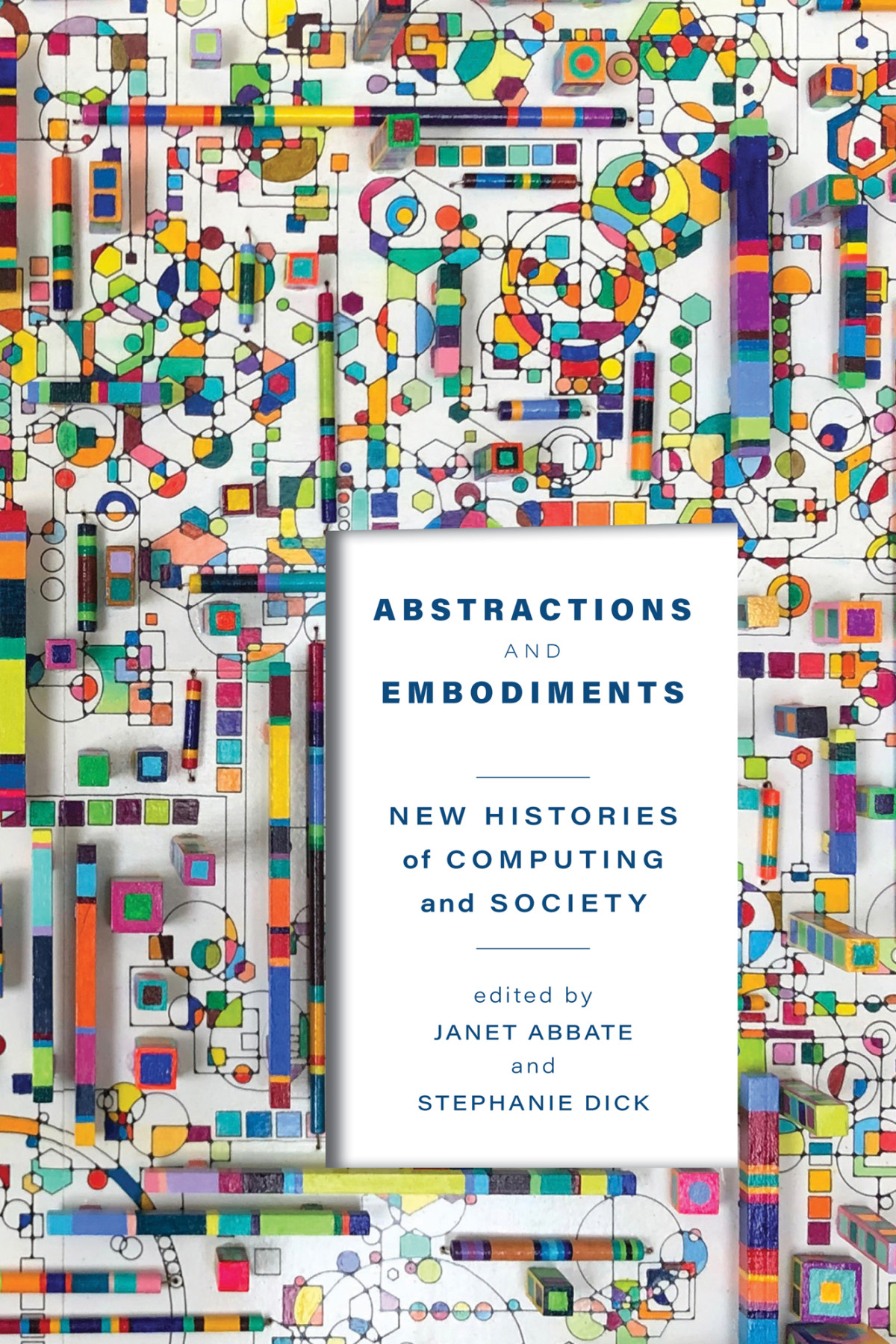

Most ebook files are in PDF format, so you can easily read them using various software such as Foxit Reader or directly on the Google Chrome browser.
Some ebook files are released by publishers in other formats such as .awz, .mobi, .epub, .fb2, etc. You may need to install specific software to read these formats on mobile/PC, such as Calibre.
Please read the tutorial at this link: https://ebookbell.com/faq
We offer FREE conversion to the popular formats you request; however, this may take some time. Therefore, right after payment, please email us, and we will try to provide the service as quickly as possible.
For some exceptional file formats or broken links (if any), please refrain from opening any disputes. Instead, email us first, and we will try to assist within a maximum of 6 hours.
EbookBell Team

5.0
20 reviewsCutting-edge historians explore ideas, communities, and technologies around modern computing to explore how computers mediate social relations.
Computers have been framed both as a mirror for the human mind and as an irreducible other that humanness is defined against, depending on different historical definitions of "humanness." They can serve both liberation and control because some people's freedom has historically been predicated on controlling others. Historians of computing return again and again to these contradictions, as they often reveal deeper structures.
Using twin frameworks of abstraction and embodiment, a reformulation of the old mind-body dichotomy, this anthology examines how social relations are enacted in and through computing. The authors examining "Abstraction" revisit central concepts in computing, including "algorithm," "program," "clone," and "risk." In doing so, they demonstrate how the meanings of these terms reflect power relations...